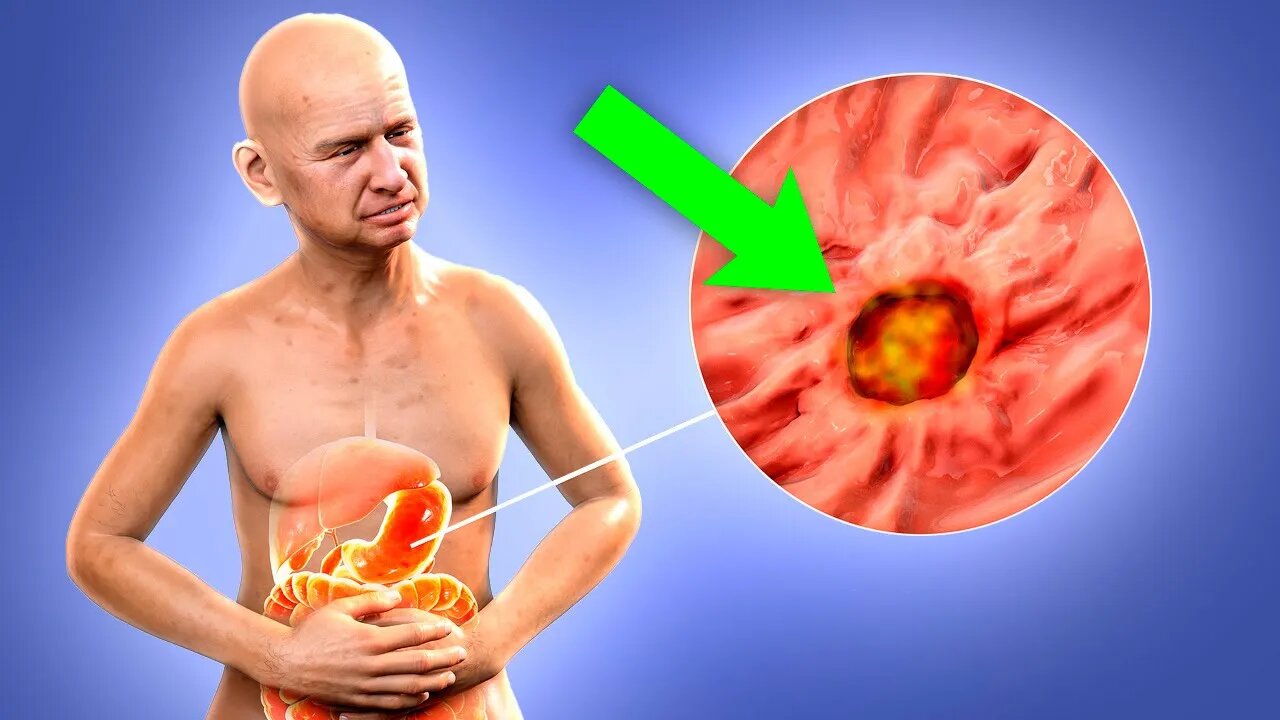Premium Only Content

3 Stomach Pains You Should Never Ignore
Everyone has stomach issues from time to time, and occasional digestive discomfort is not usually something to worry about.
While it’s often just a passing symptom you can ignore, sometimes it can be a sign there’s a serious problem.
Pain in the abdomen can be interpreted as being caused by several things.
Whether you think you ate too much that last meal or it is that time of the month and you think you have cramps – we tend to guess and brush off the cause of stomach pain.
Although you know your body well, and can usually pinpoint the cause, there are some abdominal pains that you should not ignore.
So, how do you know whether that wrenching pain is just a garden variety stomach upset that will pass as soon as that pesky gas works its way through your system — or something much worse?
The clues, experts say, are in the character of the pain — how long you’ve had it, its severity, where it’s located — and whether there are certain symptoms accompanying it.
That said, doctors note that there are a few gastrointestinal symptoms that you shouldn’t write off, because they could signal something serious.
Here are three symptoms you should never ignore and what they may mean.
0:00 Intro
0:42 Gastritis abdominal pain
0:48 Heartburn and acid reflux
1:16 Stomach ulcer symptoms
1:34 How to treat stomach ache
2:16 Outro
#health #healthtips #naturalcures
----------------------------------------
Facebook: https://bit.ly/38BWbw3
Pinterest: https://bit.ly/2Irvwa6
Disclaimer: The materials and the information contained on Natural Cures channel are provided for general and educational purposes only and do not constitute any legal, medical or other professional advice on any subject matter. These statements have not been evaluated by the FDA and are not intended to diagnose, treat or cure any disease. Always seek the advice of your physician or other qualified health provider prior to starting any new diet or treatment and with any questions you may have regarding a medical condition. If you have or suspect that you have a medical problem, promptly contact your health care provider.
-
 3:40
3:40
Natural Cures
1 year ago $0.87 earnedToothpaste Is All You Need To Keep Mice Away From Your House
3.27K4 -
 10:53
10:53
Rethinking the Dollar
18 hours agoTariffs Won’t Save the US Dollar
3.01K18 -
 30:40
30:40
BonginoReport
3 hours agoHow Based Gen Z Men Are Shaping the New Right: Evita + John Doyle (Ep.111) - 12/30/2024
40.2K31 -
 LIVE
LIVE
Wendy Bell Radio
5 hours agoThe Worst President Of All
12,984 watching -
 1:50:03
1:50:03
Jeff Ahern
2 hours ago $0.83 earnedMonday Madness with Jeff Ahern (6am Pacific)
12.1K -
 2:54:24
2:54:24
Fed Reacts
15 hours agoFormer Fed Explains Lil Durk's Second Murder For Hire
112K31 -
 44:13
44:13
barstoolsports
21 hours agoThe Shred Line with Coach Gruden, Dave Portnoy and Steven Cheah | Week 17
184K17 -
 2:24:54
2:24:54
WeAreChange
17 hours agoTrump Sides With Musk On Visas! MAGA Base ENRAGED??
136K103 -
 2:04:26
2:04:26
Nerdrotic
17 hours ago $38.99 earnedThe Program: The Government's UFO Cover Up Programs | Forbidden Frontier #085
103K29 -
 2:13:07
2:13:07
vivafrei
20 hours agoEp. 243: HOLIDAY SPECIAL! The Great H1B Visa Debate! Jay z Gets Scorched! Attack in Germany! & MORE!
179K380